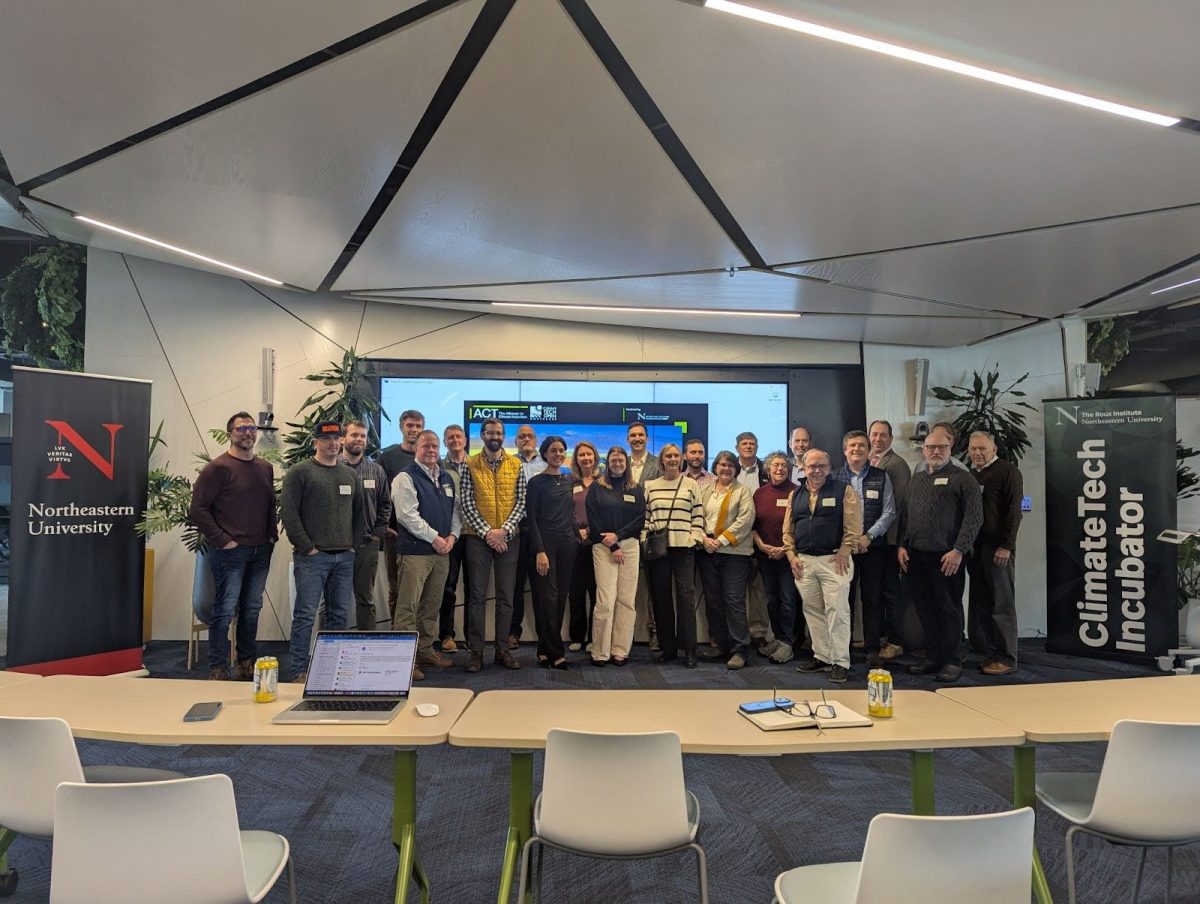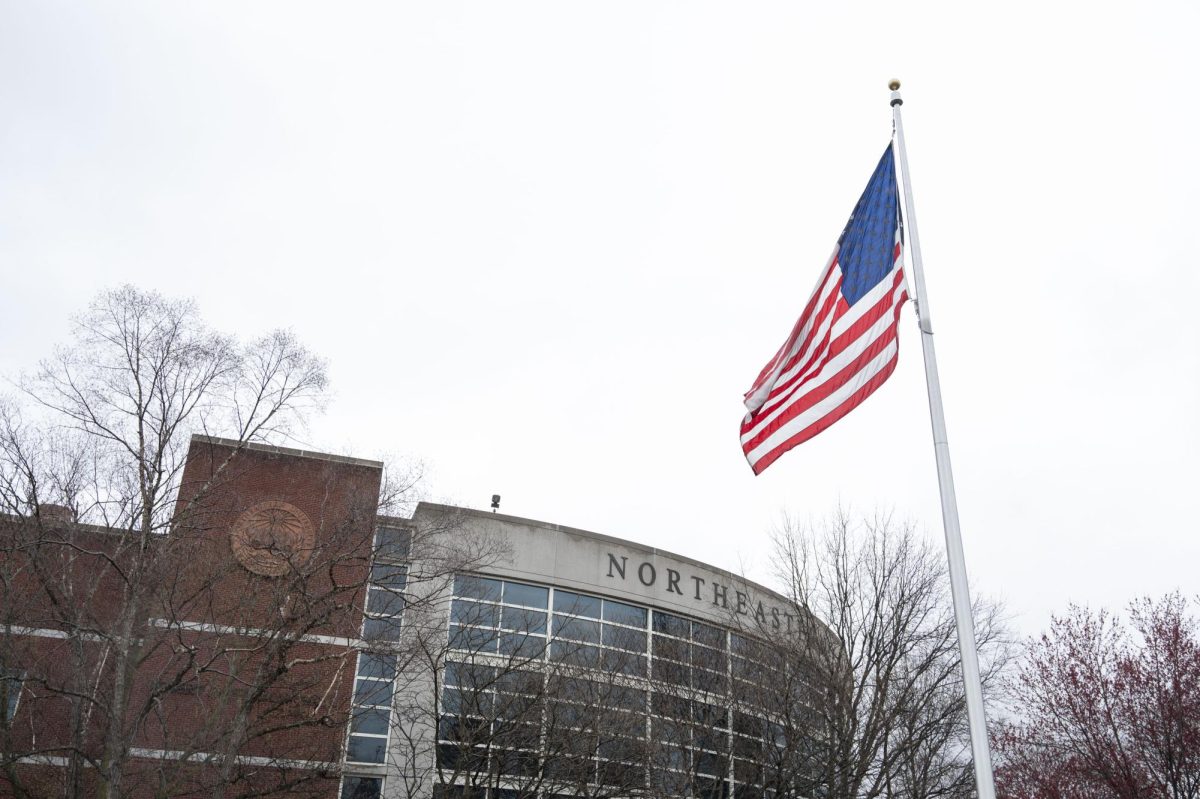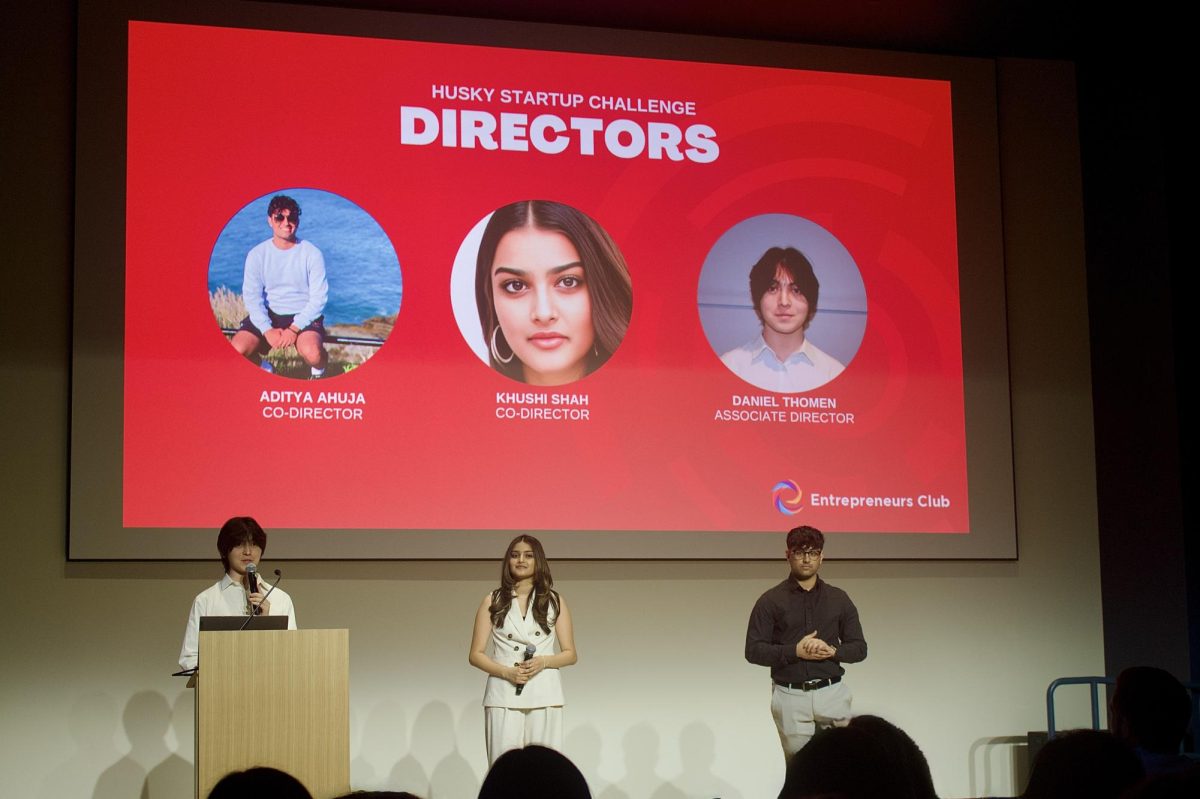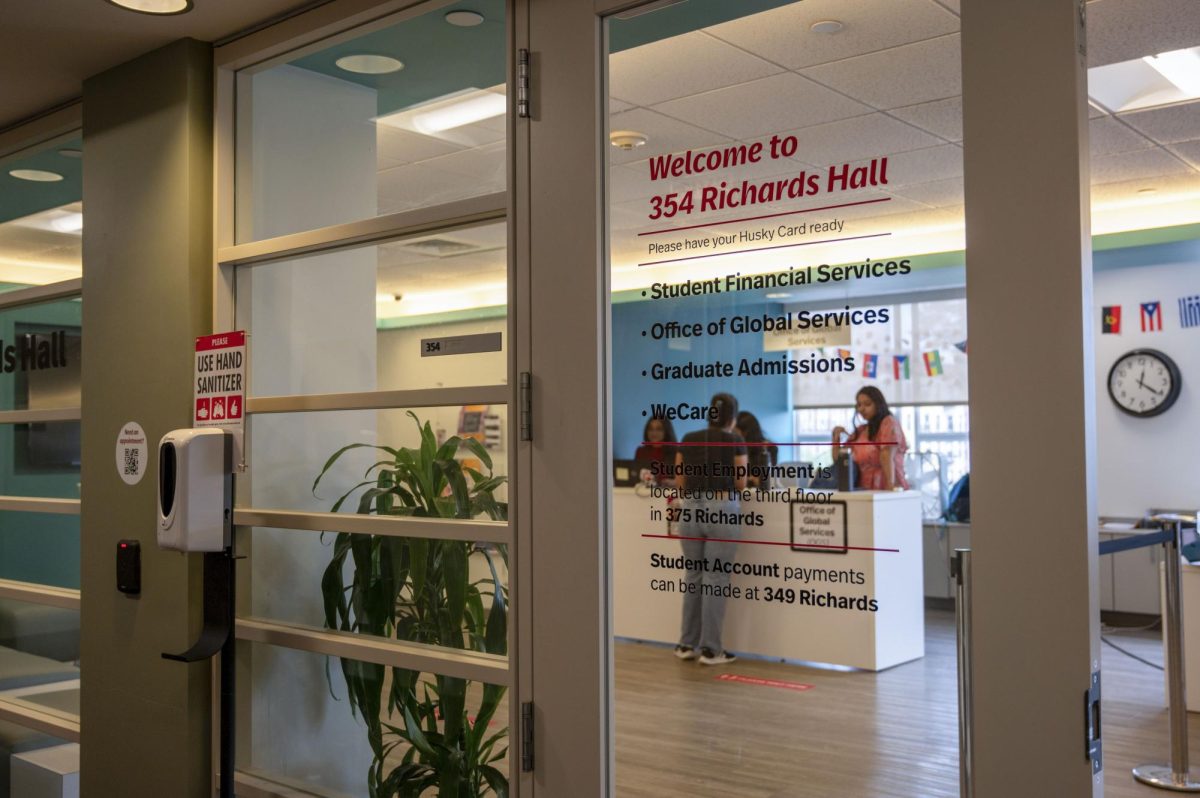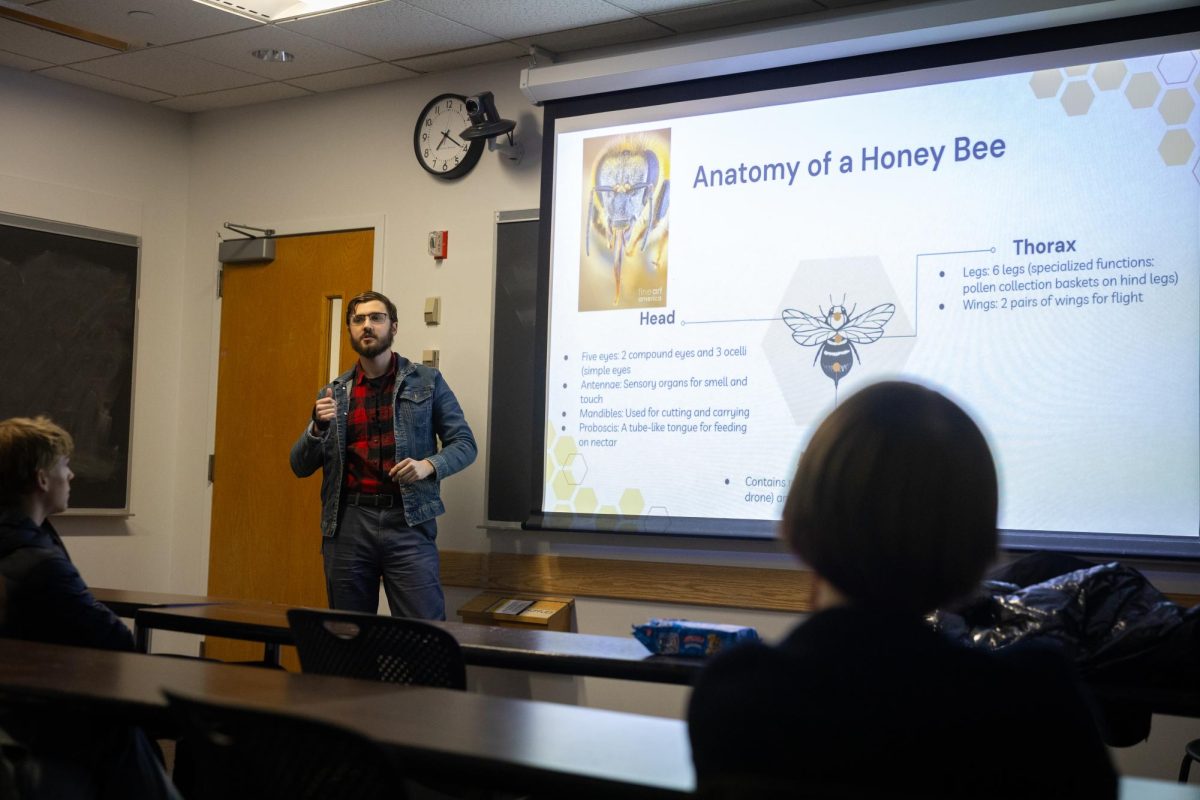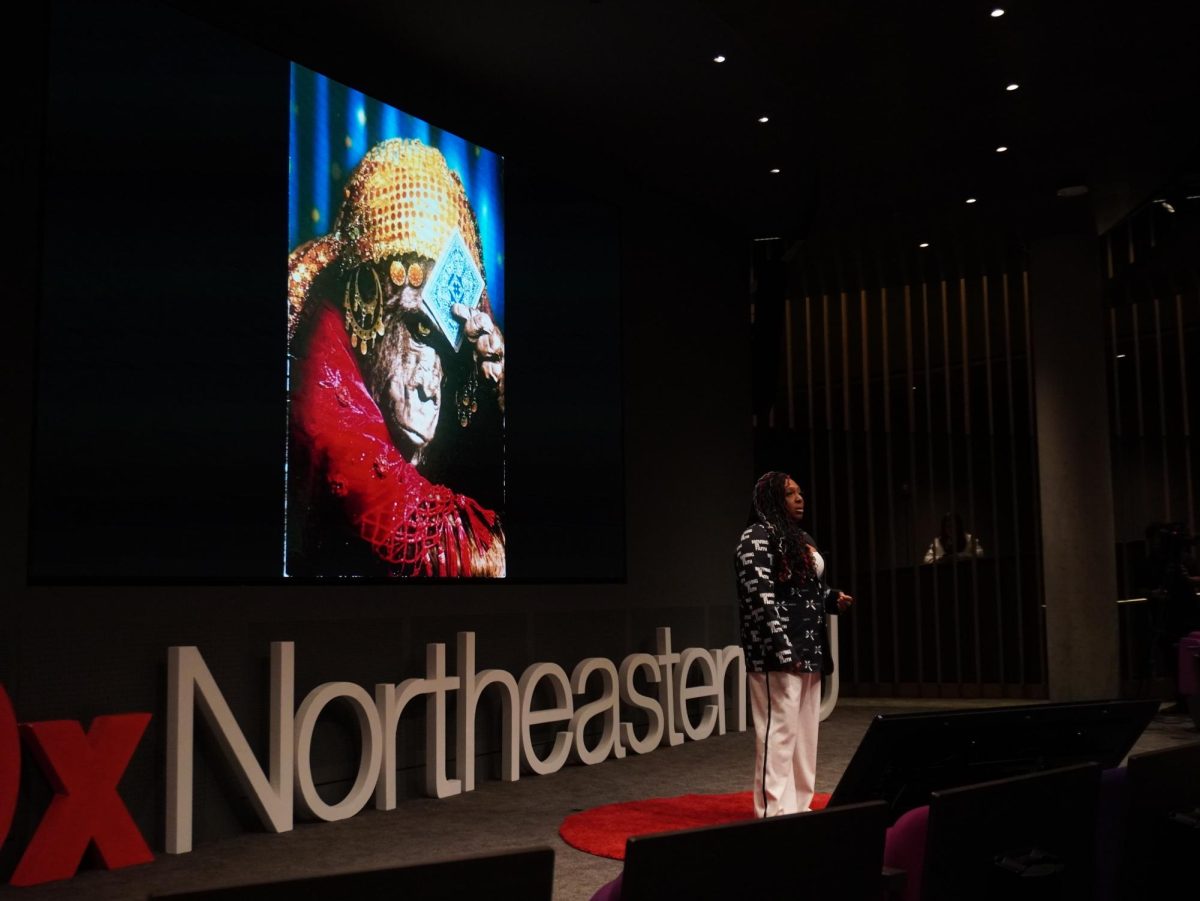When Nick Planson and Chad Strater joined the Cleantech Open Northeast program in 2023, they planned to electrify the off-road vehicle industry. Their company, Shred Electric, was born out of a shared love for backcountry skiing and the realization that snowmobiles and similar vehicles are highly polluting.
However, through Cleantech Open’s curriculum and mentorship, the pair decided to pivot, blending Planson’s background in electrical engineering and Strater’s background in marine construction to find their niche: aquaculture electrification.
Now, Shred Electric aims to replace gasoline-powered generators used on sea farms with batteries charged by on-board renewables to enable long-term, sustainable production.
“Farmers really wanted something quieter and cleaner to use. We were able to raise grant funding and meet with tons of farmers around North America and start developing reliable, cost-effective electrical alternatives,” said Planson, now CEO of Shred Electric.
On March 31, Planson attended the Cleantech Open Northeast Portland Kickoff Party, hosted by the ClimateTech Incubator at Northeastern University’s Roux Institute in Portland, Maine. Cleantech Open is the largest clean technology accelerator program in the world, and the Northeast regional branch, founded in 2005, is one of the organization’s most active.
Cleantech Open focuses on supporting and funding startup companies innovating in energy generation, transportation, green building and other cleantech sectors. Since 2005, more than 60% of Cleantech Open’s 642 U.S.-based alumni companies are active and have raised more than $2 billion in external funding.
The event’s attendees included program alumni, prospective entrepreneurs and mentors. To enable cross-sector collaboration and knowledge-sharing, the agenda included reflections from alumni and introductions from entrepreneurs followed by open networking.
“This is pretty typical for a Roux Institute event,” said John Williams, co-founder of bluesonde technologies, a startup which creates ocean-sensing buoys for real-time monitoring. “Getting to interact with everyone is really so beneficial. They don’t host lectures where you come and sit. It’s always interactive and encourages people to get up there and give a little spiel about your company and yourself.”
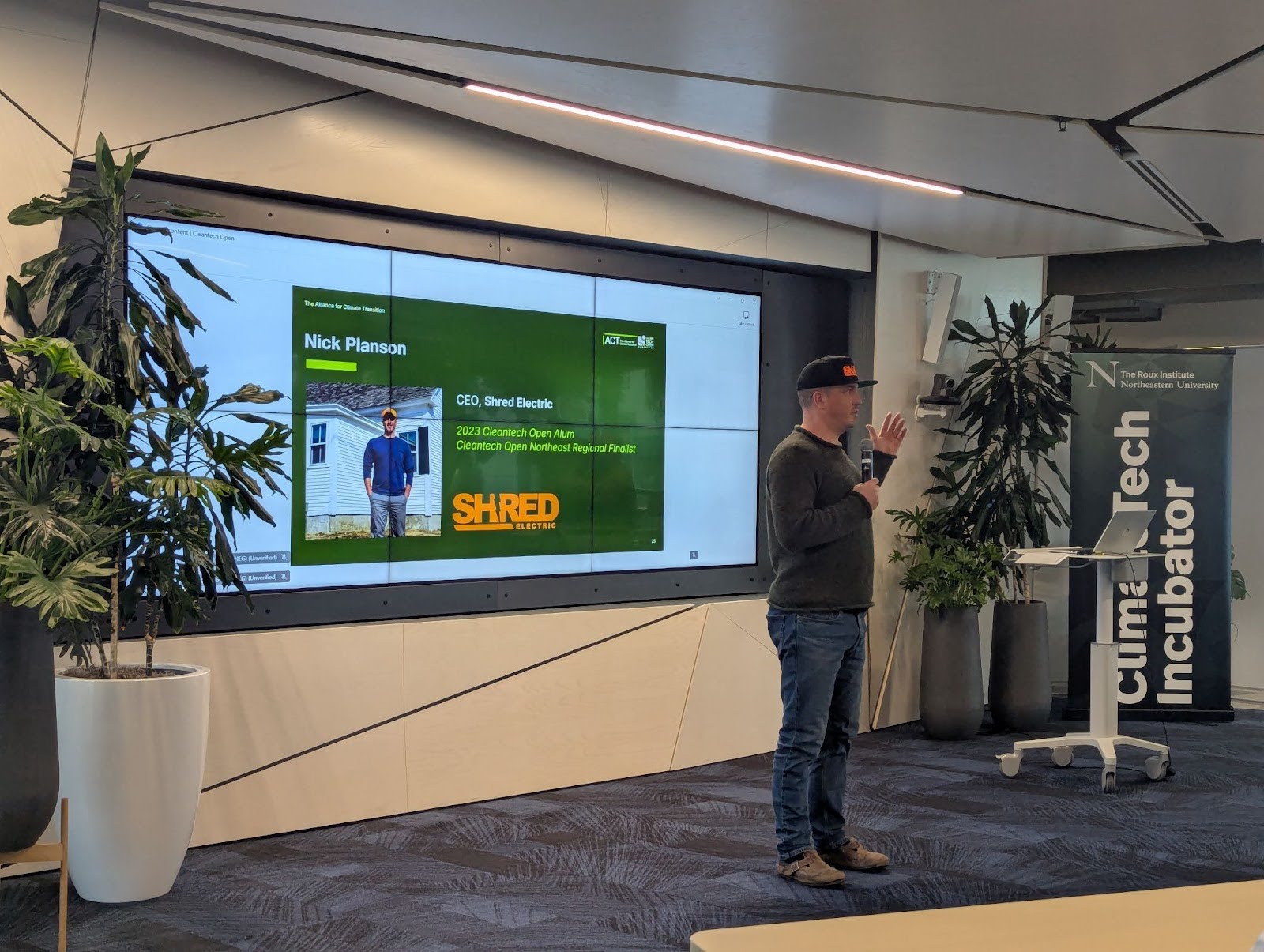
(Shivi Sharma)
Each company participating in Cleantech Open is paired with mentors, such as Siemens Sustainability Regional Manager Arthur Woolverton, who has served as a mentor for eight years. The connections made during the program are often enduring, with assigned mentors becoming advisory board members as ventures scale.
“I’m there to listen and learn and ask the right questions and try to connect with people that are smarter than I am who might be able to open the door,” Woolverton said. “I’m thinking much more about enablement and some different approaches I can take, because every group you work with will be different.”
To apply, companies must have less than $2 million in equity funding or less than $10 million in funding from other sources. Two members of each team must actively participate in sessions, including a two-day, in-person National Academy in Boston or Brooklyn, and complete all curriculum requirements.
After the 2025 cohort is selected in May, classes and interactive events will enable entrepreneurs to build cross-regional connections as they develop deliverables such as a business model canvas and pitch deck. The program concludes in $10,000 prizes for regional winners and a Global Forum.
The kickoff party marked the beginning of the collaboration between Cleantech Open and the Roux Institute, which launched its own ClimateTech Incubator in the fall. The program is seed-funded by the Maine Governor’s Energy Office and provides prototyping space, mentorship and the institute’s academic and research expertise to climate tech startups.
“Northeastern’s doing a really cool job with the Roux Institute and mentoring network,” Woolverton said. “It’s about: If someone graduates from Northeastern and wants to start a business, how can we get them in touch with all the brilliant alumni who have been a part of the space so we can really make a difference in the economy?”
Part of that difference may lie in local communities such as Portland. With many Maine-based entrepreneurs and capital providers in attendance, the event highlighted the emergence of Maine’s sustainable entrepreneurial ecosystem.
“Maine is attracting a lot of young, innovative people,” said Maine Angels Vice Chair Mary Ellen Eagan. “There are a lot of natural resources here, between the ocean and the forests. The combination of people who are interested in doing sustainable development and doing it in the context of the resources makes for a powerful combination.”


